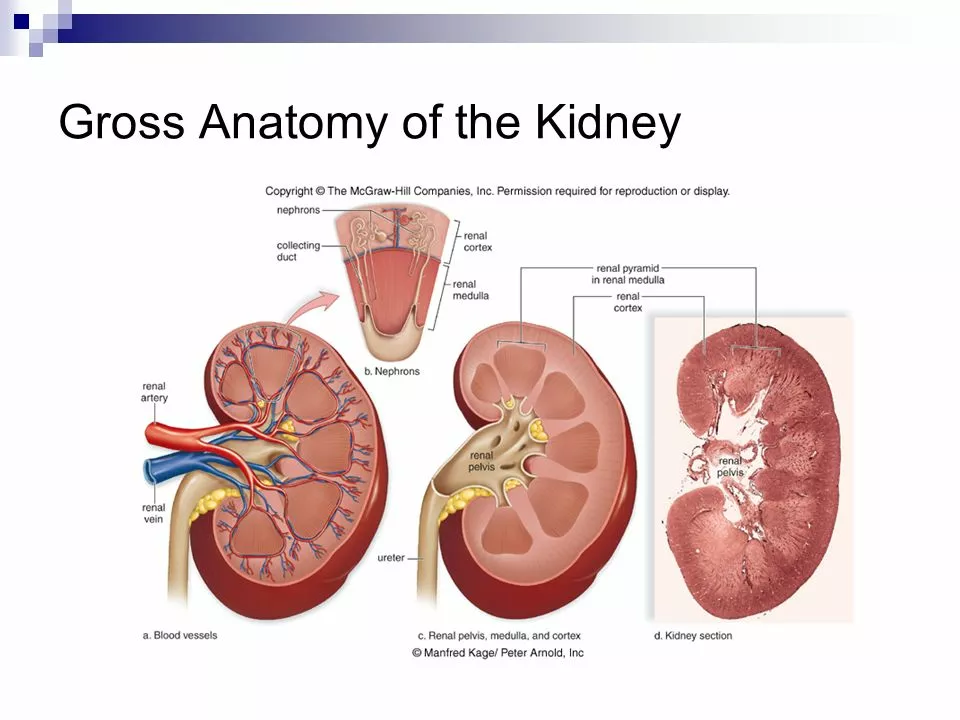Calcitriol: What It Is and Why You Might Need It
If you’ve ever heard doctors mention calcitriol, they’re talking about the active form of vitamin D that your body uses to manage calcium. Unlike regular vitamin D supplements, calcitriol works straight away, helping your gut pull in calcium from food and keeping bones strong. People with kidney problems or low blood calcium often get prescribed it because their bodies can’t make enough on their own.
Because it acts fast, calcitriol can also help prevent bone disorders like osteomalacia and support overall mineral balance. It’s a prescription drug in most countries, so you’ll need a doctor’s okay before you start taking it.
How Calcitriol Works
Think of calcitriol as the signal that tells your intestines, kidneys, and bones to cooperate on calcium. When blood calcium drops, your parathyroid glands release hormone that triggers the conversion of vitamin D into calcitriol. Once active, it boosts calcium absorption in the gut, reduces loss through urine, and guides bone cells to use calcium properly.
In practical terms, this means you get more calcium from the same meals without having to eat huge amounts of dairy or fortified foods. That’s why doctors love it for patients whose kidneys can’t finish the vitamin D conversion chain.
Tips for Safe Use
Start low and follow your doctor’s dosage instructions closely – most prescriptions range from 0.25 µg to 1 µg daily, depending on blood tests. Taking too much can push calcium levels up too high, leading to nausea, weakness, or even kidney stones.
Always tell your pharmacist about other meds you’re using. Blood pressure drugs, certain antibiotics, and steroids can interact with calcitriol. If you have a history of heart disease, hypercalcemia, or sarcoidosis, let your doctor know right away.
If you order it online, stick to licensed pharmacies that require a prescription. Look for sites that show real prices, pharmacist contact info, and clear return policies. Avoid any shop that offers “no‑prescription” calcitriol – it’s likely fake or unsafe.
Check your calcium levels after a few weeks of therapy. Your doctor may ask for blood work to make sure you’re staying in the right range. Adjusting the dose is common, especially if diet changes or other medications are added.
In short, calcitriol can be a powerful tool for bone health and calcium balance when used correctly. Keep communication open with your healthcare team, follow dosage guidelines, and buy only from reputable sources. That way you get the benefits without the risks.
Exploring the connection between calcitriol and kidney function
In a recent exploration, I delved into the fascinating connection between calcitriol and kidney function. Calcitriol, the active form of vitamin D, plays a crucial role in maintaining calcium and phosphate balance in our bodies. Interestingly, it's our kidneys that actually convert vitamin D into calcitriol. However, when kidney function declines, calcitriol production is often compromised, leading to complications like bone disorders and cardiovascular issues. It's truly amazing to see how interconnected our body systems are and how vital optimal kidney function is for our overall well-being!
© 2026. All rights reserved.

